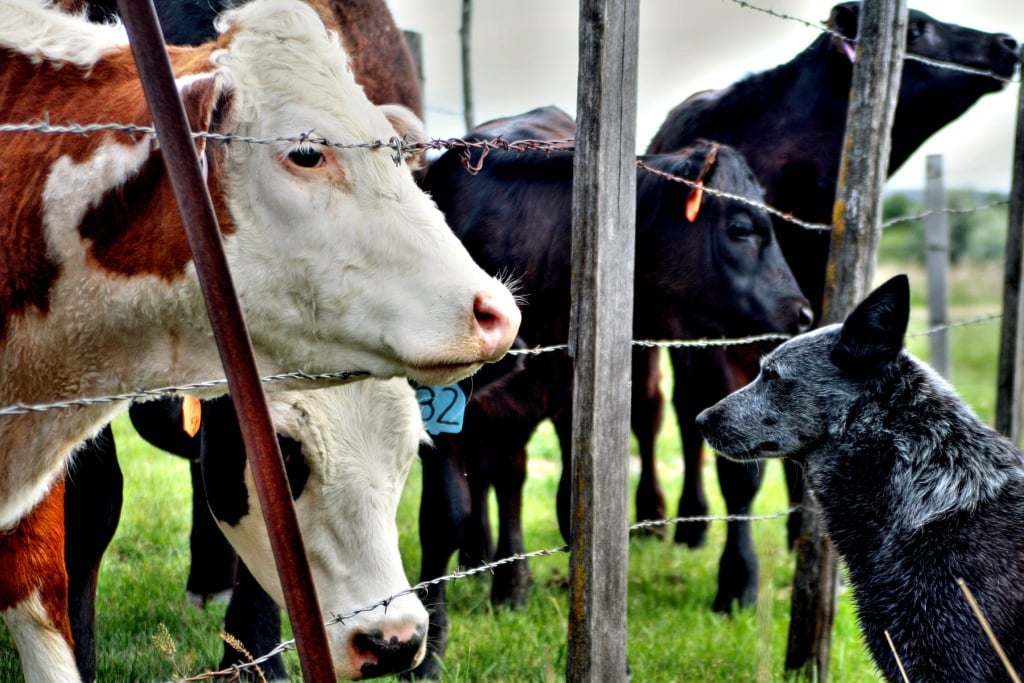CULT is Developing its own Intellectual Property and Patent Portfolio, while Funding Early-Stage CellAg Ventures as Food Supplies are Challenged and Prices are Rising Across the World
VANCOUVER, BC, May 12, 2022 /CNW/ – CULT Food Science Corp. (“CULT” or the “Company”) (CSE: CULT) (OTC: CULTF) (FRA: LN0), an innovative investment platform with an exclusive focus on cellular agriculture that is advancing the development of novel technologies to provide a sustainable, environmental, and ethical solution to the global factory farming and aquaculture crises, is pleased to spotlight the continuing advancement of technologies in the cellular agriculture realm. The Company is supporting these advances by investing in the development of its own intellectual property and patent portfolios, as well as via cellular agriculture companies around the world that are working to help solve food insecurity concerns to populations at risk. With fertilizer and food shortages currently increasing in prominence, CULT management believes that cellular agriculture is a viable solution and that companies producing cell-based foods are near to making significant improvements in the global food supply chain.

Fertilizer represents one of a farmer’s main input costs and, with fertilizer prices returning to all-time highs, the result is higher food prices and potential food shortages also due to COVID-related supply chain disruptions. With the added escalation of energy costs and global tensions, the shortage of fertilizer and increased food prices is expected to continue given that Russia is the world’s largest exporter of fertilizer.1 Therefore, cell-based foods are an attractive solution as they do not require fertilizer or depend on the weather for crop yields.
The cellular agriculture industry has grown rapidly in the last 9 years, with new venture capital funding adding up to over US$9.7 billion in global investments.2 With the growth and support that the industry is receiving, the Company’s view is that cell-based foods are the future and may offer the solution to many problems and challenges related to food security and shortages. Cellular agriculture also has the potential to reduce water consumption, energy use, and greenhouse gases related to food production, thereby making it a highly beneficial substitute for current farming methods.2 CULT continues to invest in companies that are working to produce cell-based foods using bioreactors that could make food more easily accessible and sustainably produced.
Management Commentary
“Cellular agriculture represents a novel pathway towards helping address the challenges we will continue to face with climate change and other unknown global events. We must take steps to mitigate the disruptions we see in the food supply chain today, and the disruptions we know are to come in the future. The IP and technologies CULT Food Science is working to develop seek to provide the possibility of new models and approaches not just in how we produce our food and ingredients, but also in how we get our food from our stores, our communities, and even what is on our plates. The history of agriculture is marked by fundamental shifts in technology, and cellular agriculture is the next one,” said Lejjy Gafour, Chief Executive Officer of CULT.
About CULT Food Science

CULT Food Science Corp. is an innovative investment platform with an exclusive focus on cellular agriculture that is advancing the development of novel technologies to provide a sustainable, environmental, and ethical solution to the global factory farming crisis. The first-of-its-kind in North America, CULT Food Science aims to provide individual investors with unprecedented exposure to the most innovative start-up, private or early-stage cultivated meat, cell-based dairy and other cultured food companies around the world.
Forward-Looking Information
The information set forth in this news release may involve forward-looking statements. Forward-looking statements are statements that relate to future, not past, events. In this context, forward-looking statements often address a company’s expected future business and financial performance, and often contain words such as “anticipate”, “believe”, “plan”, “estimate”, “expect”, and “intend”, statements that an action or event “may”, “might”, “could”, “should”, or “will” be taken or occur, or other similar expressions. By their nature, forward-looking statements involve known and unknown risks, uncertainties, and other factors which may cause our actual results, performance or achievements, or other future events, to be materially different from any future results, performance, or achievements expressed or implied by such forward-looking statements. Such factors include but are not limited to the following risks: those associated with marketing and sale of securities; the need for additional financing; reliance on key personnel; the potential for conflicts of interest among certain officers or directors with certain other projects; and the volatility of common share price and volume. Forward-looking statements are made based on management’s beliefs, estimates, and opinions on the date that statements are made and except as required by law, the Company undertakes no obligation to update forward-looking statements if these beliefs, estimates, and opinions or other circumstances should change. Investors are cautioned against attributing undue certainty to forward-looking statements. For further information on risk, investors are advised to see the Company’s MD&A and other disclosure filings with the regulators which are found at www.sedar.com.









